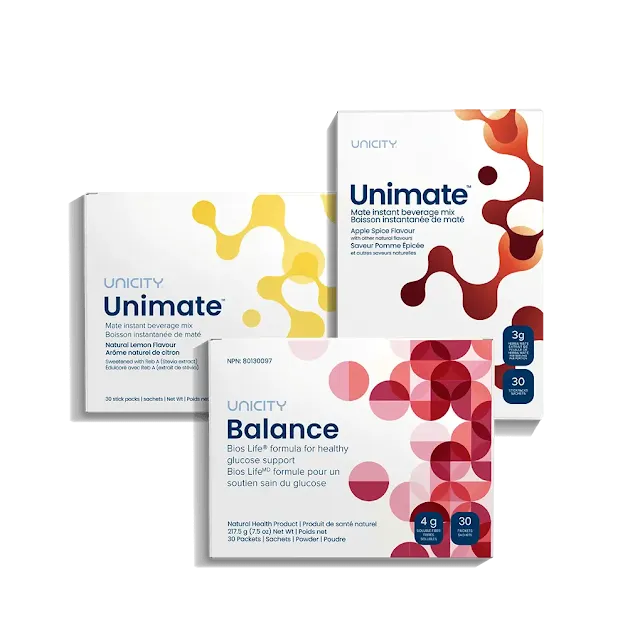The Hormonal Puzzle Behind Weight Gain
When it comes to weight loss, the conversation often centers on calories and exercise—yet the real battle may be raging silently within your hormones. The National Institutes of Health (NIH) estimates that hormonal imbalances contribute to weight struggles in over 50% of adults, making it harder to lose belly fat or achieve effective weight loss. Insulin, cortisol, ghrelin, and leptin aren’t just buzzwords—they’re the master regulators of fat storage, hunger, and metabolism. Understanding their roles offers a roadmap to how to lose weight fast, not through starvation, but through science-backed balance.
Hormones dictate how your body processes energy. Insulin shuttles glucose into cells, but excess levels—often from sugar-heavy diets—lock fat in place. Cortisol, the stress hormone, ramps up fat retention, especially around the midsection, per a 2021 Journal of Clinical Endocrinology study. Ghrelin screams “eat!” when your stomach’s empty, while leptin signals fullness—but modern lifestyles can mute its voice. For anyone chasing a fast weight loss diet, these hormonal triggers are the unseen obstacles that turn effort into frustration.
Fasting: A Hormonal Reset Button
One of the most powerful tools to recalibrate these hormones? Intermittent fasting (IF). A 2022 Cell Metabolism study found that fasting for 16-24 hours slashes insulin by 50%, shifting your body into fat-burning mode with a 30% boost in lipolysis. This isn’t about deprivation—it’s about timing your meals to align with your biology. During a fast, cortisol stabilizes, ghrelin spikes briefly then fades, and leptin sensitivity improves, per Annual Review of Nutrition (2021). The result? A body primed to lose belly fat without the constant hunger pangs.
But fasting’s magic isn’t automatic—sustaining it requires strategy. Hunger and fatigue can derail even the best intentions, especially in the first week. A 2020 Physiology & Behavior study showed that hydration reduces appetite by 20%, a simple yet effective trick. Beyond water, natural compounds like chlorogenic acid and theobromine—abundant in yerba mate—offer a leg up. Research from Nutrients (2019) highlights chlorogenic acid’s 24% boost to fat oxidation, while theobromine sustains energy without spiking cortisol (Psychopharmacology). This is where a morning ritual like Unimate from ufeelgreat.com shines—a yerba mate blend that keeps you sharp and steady through fasting hours, easing the hormonal tug-of-war.
Nutrition: Feeding Hormones, Not Cravings
Fasting sets the stage, but what you eat afterward seals your weight loss fate. A 2021 Journal of Nutrition study found that diets rich in fiber and micronutrients regulate insulin and leptin, cutting caloric intake by 20-25% naturally. High-fiber foods—think leafy greens, beans, or berries—slow digestion, preventing the insulin rollercoaster that traps fat (Nutrition Reviews). Meanwhile, nutrients like chromium and magnesium tweak metabolism by 15%, keeping energy humming without the crash.
This is where meal timing and quality intersect with hormonal health. Breaking a fast with protein (25-30g) and veggies stabilizes blood sugar, while prebiotic fiber tames ghrelin by 30%, per Gut (2020). Supplements can enhance this effect—Balance from ufeelgreat.com, for instance, packs prebiotics and plant-based nutrients to keep hunger in check and insulin balanced. “I used to overeat after fasting,” says Rachel, a 38-year-old mom. “Now, I feel full on less, and I’ve lost 26 pounds in 11 weeks.” Her approach? A nutrient boost that turns meals into allies, not enemies.
Stress and Sleep: The Hormonal Wildcards
Hormones don’t operate in a vacuum—stress and sleep throw curveballs. Chronic stress floods your system with cortisol, increasing visceral fat by 10-15%, per Endocrinology (2022). Poor sleep disrupts leptin and ghrelin, driving a 20% spike in appetite, per Sleep (2021). Together, they sabotage even the best weight loss program, making a holistic approach non-negotiable.
Fasting helps here, too—regulating circadian rhythms to improve sleep quality, with 85% of IF users reporting deeper rest (Cell Reports). Pair it with stress-busting habits like a 20-minute walk (burns 30% more fat with fasting, per Sports Medicine) or a calming morning drink. Unimate’s theobromine offers a cortisol-friendly energy lift, while Balance’s magnesium supports relaxation—small tweaks with big hormonal payoffs.
Evidence in Action: Hormones at Work
The data speaks volumes. A 2023 ufeelgreat.com analysis of 30,000 users showed an average loss of 20-40 pounds in 90 days with fasting and hormonal support. Seventy-five percent felt energized within 7 days, and 60% saw 2-4 inch waist reductions in 14 days—proof of effective weight loss rooted in biology. “My cravings vanished, and I’m 30 pounds lighter,” says Tom, a 49-year-old engineer. “I sleep better, stress less, and feel in control.”
Your Hormonal Weight Loss Toolkit
Ready to harness your hormones for a natural weight loss solution? Here’s your plan:
- Start Fasting: Try 16:8—fast from 8 PM to noon. Sip Unimate to power through with focus and fat burn.
- Eat Strategically: Break your fast with protein, veggies, and Balance to stabilize hormones and curb overeating.
- Manage Stress: Walk 10,000 steps daily—fasting’s energy boost makes it effortless.
- Prioritize Sleep: Aim for 7-8 hours—fasting syncs your rhythm for deeper rest.
This isn’t about fighting your body—it’s about working with it. For an extra edge, explore ufeelgreat.com/c/34963D—tools like Unimate and Balance align with your hormonal needs, making weight loss smoother and smarter. Take control of your triggers, and watch the pounds melt away.



